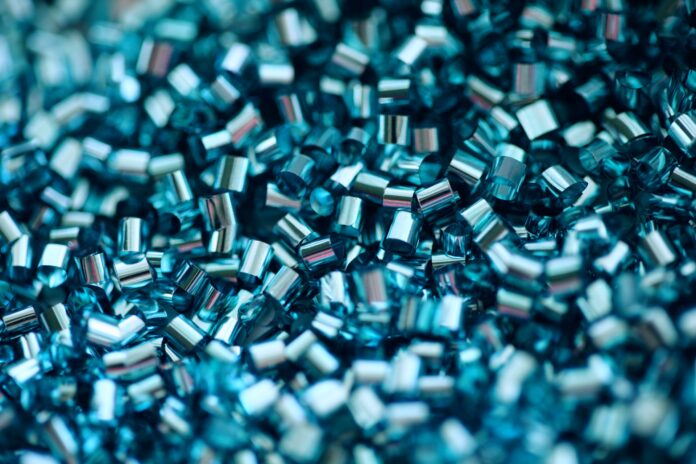
DeepMind has used artificial intelligence (AI) to design the structure of more than two million new materials. The Google-owned company is hailing this as a breakthrough that it says will soon be used to improve real-world technology. Nearly 400,000 of the proposed materials could be manufacturable in laboratory conditions in the near future, the company said in a paper published in the journal Nature. Potential applications of the research include making more powerful batteries, solar panels and computer chips.
DeepMind Accelerating Material Discovery with AI
Discovering and synthesising new materials can be a costly and time-consuming process. For example, the commercial availability of lithium-ion batteries, which are now used to power everything from phones and laptops to electric cars, has required two decades of research.
“We’re hoping that major advances in experimentation, autonomous fusion and machine learning models will significantly shorten the ten- to 20-year timeframe to something more feasible,” said DeepMind scientist Ekin Dogus Cubuk.
Data-Driven Discovery Revolutionizes Material Science
DeepMind trained its AI model using the Materials Project database, which was created at Lawrence Berkeley National Laboratory in 2011 and contains most of the 35,000 known molecules and 130,000 inorganic compounds.
“Industrial companies tend to be rather risk-averse when it comes to increasing costs. With new materials, it usually takes some time for them to pay off,” said Kristin Persson, director of the Materials Project.
So far, DeepMind has used AI to estimate the stability of new materials. It will now focus on predicting how easy they will be to synthesize under laboratory conditions.
Source ČTK














